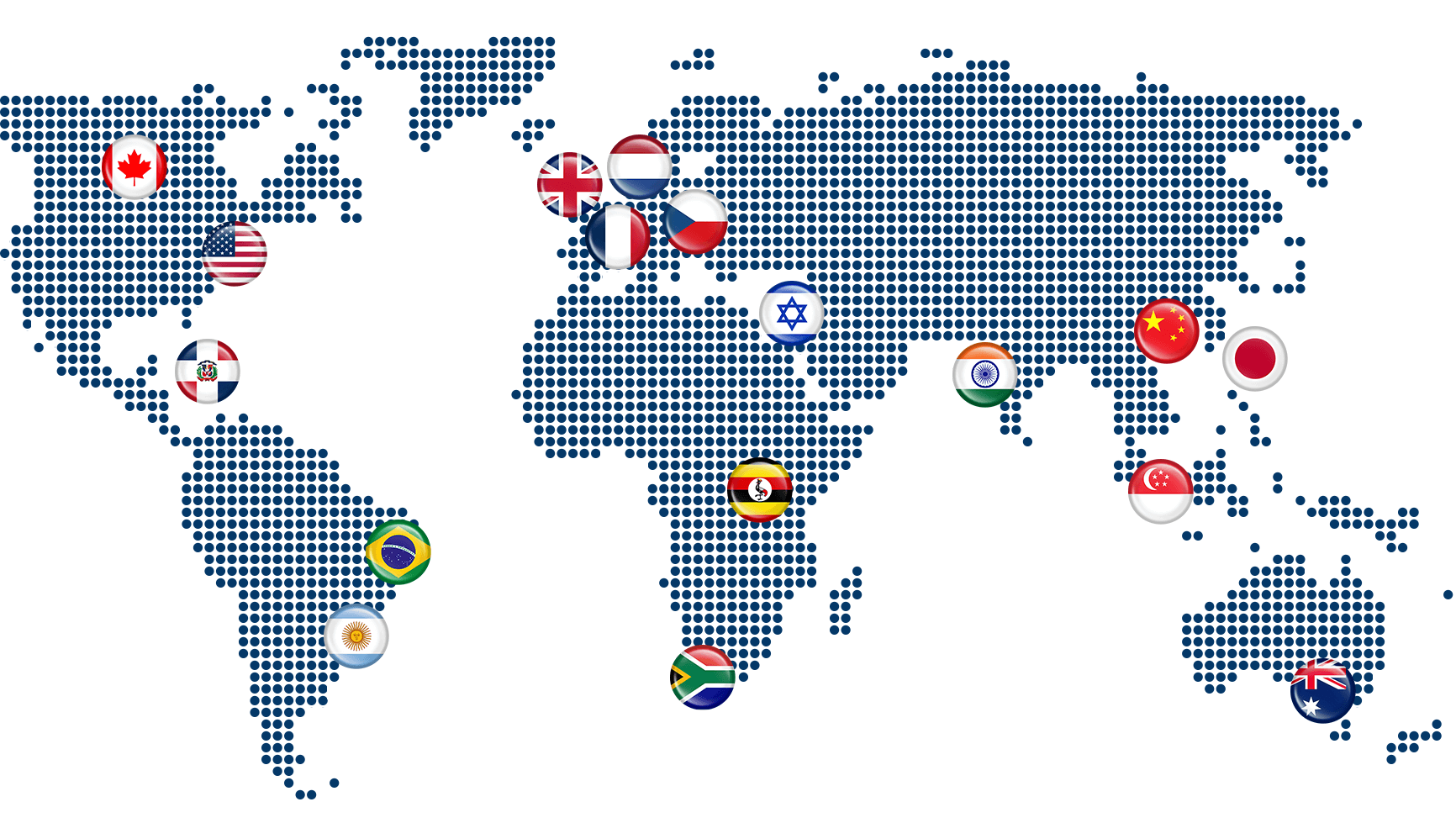It is a profound honour to serve as Co-Presidents of the International Longevity Centre Global Alliance. Our partnership reflects the very spirit of the Alliance: global in reach, grounded in local realities, and united by a shared commitment to dignity, equity, and wellbeing across the life course.

The International Longevity Centre Global Alliance (ILC Global Alliance) is a multinational consortium consisting of member organizations.
The mission of the ILC Global Alliance is to help societies to address longevity and population ageing in positive and productive ways, typically using a life course approach, highlighting older people’s productivity and contributions to family and society as a whole. The Alliance partners carry out the mission through developing ideas, undertaking research and creating fora for debate and action, in which older people are key stakeholders.
The ILC Alliance currently includes centres in the United States of America, Japan, the United Kingdom, France, the Dominican Republic, India, South Africa, Argentina, The Netherlands, Israel, Singapore, Czech Republic, China, Brazil, Canada and Australia. These centres work both autonomously and collaboratively to study how greater life expectancy and increased proportions of older people impact nations around the world and seek offer solutions to effects of the impact.

Globally, COVID-19 has led to debilitating effects and posed significant human rights challenges for older persons.


